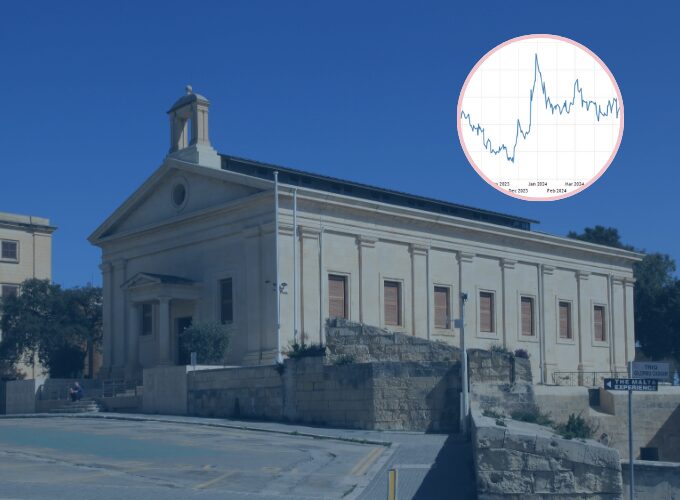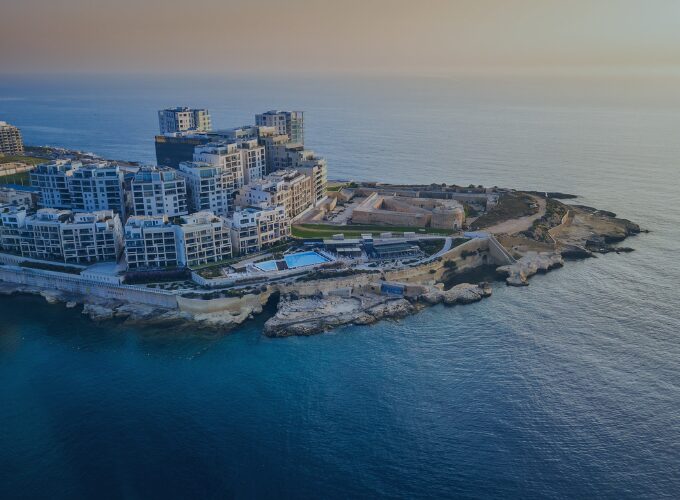Patrick Debattista
“The stock market is where today’s investments build tomorrow’s innovations.”
Think about it: Where would Apple (or the world) be without the $97 million it raised from the public back in 1980? Would the current innovations in AI be possible without NVIDIA’s modest $33 million stock market listing in 1990?
And, closer to our shores, we have seen a handful of companies using the stock market as a mechanism to raise funding, to internationalise and to generally take their business to the next level.
Some success stories include Hili Properties, GO and APS Bank.
Unfortunately, local examples have been few and far between.
Some concerning observations
The popularity of the bond market in Malta is no secret. While there were 103 bond issues as at 30th June 2024, there are only 33 equities.
Also, bonds have a finite life on the stock market (unless they are rolled over) whereas equities are generally there to stay unless they are de-listed (such as 6pm and Crimsonwing in the past).

Of these equity issues, only 11 have a market capitalisation greater than €100 million, with only three companies (BOV, HSBC and Malta International Airport) accounting for 41% of total stock market capitalisation.
But perhaps the most worrying observation of all is the fact that trading values have plummeted since 2019. Trading values are one measure of liquidity in stock markets, which is a crucial element of their proper functioning.
With this noticeable dip in annual trading values, various stakeholders are now expressing concern about the MSE’s appeal to potential investors as a preferred investment avenue.
To address these challenges and revitalize the local equity market, a collaborative approach needs to be taken from government bodies, regulators, the MSE, stockbrokers and investors alike.
A comprehensive analysis to understand the root causes of reduced liquidity is essential.
Solutions must be multi-faceted and collaborative
So what could be done to revive liquidity in the Maltese equity market?
Financial education
All too often, we pinpoint technical, logistical or governance issues when presenting solutions for the lack of trading activity at the MSE. We rarely mention the importance of grassroots financial education.
There is a reason why people are not investing in shares, particularly the younger generation, and one of the factors is lack of awareness and financial education.
Do people know that various established entities on the MSE are trading at a dividend yield of upwards of 5%? For a population that thrives on income-producing assets, this is a relevant statistic.
Stakeholders must come together and collaborate on a holistic, nationwide financial education programme with the stock market at the heart of this.
In schools and/or at University, personal and business finance must be compulsory subjects. Topics would include basic concepts such as “what are shares?” which, to date, are sadly still not taught.
In the USA, 53% of high school students are now required to pass a personal finance exam before graduating to college or University.
What makes us so different?

Company Performance
Ever since the COVID pandemic hit our shores on 7th March 2020, the S&P500 (a measure of the largest 500 listed companies in the US) grew by 84% (excluding dividends).
At the same time, the MSE index declined by 11%.
Of course, this is not a direct comparison, but it begs the question: Are listed companies delivering on the returns expected by their shareholders?
At first glance, this might not seem to be the case. But with companies like Malta International Airport delivering record performance in 2023 and with the major banks also posting solid numbers, the issue runs deeper than this.
If anything, the recent low trading activity has created a share overhang across various equities, which could raise the case that the capital market itself is not rewarding companies for their good performance.
Government Initiatives, trading costs and access
From my conversations with followers, students and observers alike, it is clear that the MSE is even less popular as a trading avenue among the younger generation, who are tech-savvy and demand instant results at a competitive price.
Should trading costs be reduced to compare with those of international peers? The MSE has removed the €4.50 transaction fee on equity trades for one year, which is a step in the right direction.
Could more advanced technology be rolled out for easier market access? Both these factors could foster a wider reach among our younger investors.
After all, baby boomers are set to pass more than $68 trillion on to their children in the USA and the general trend in Malta should be no different.
Should we introduce structures such as tax-free investment saving plans in a similar manner to other financial instruments in the market?
This could serve to attract new investors while fostering the development and growth of our local listed entities. More importantly, it would stem the outflow of capital that currently has little place to go but overseas.

Punching above our weight
The various initiatives undertaken by European peers, such as Sweden, Luxembourg and Estonia, can offer valuable insights for our own capital markets.
Malta is admittedly small, but we have punched above our weight in various sectors in the past, including in financial services. Why shouldn’t our capital markets be any different?
.
With a concerted effort from policymakers and market participants and a proactive approach to address liquidity issues, Malta can pave the way for a more robust capital market that appeals to a broader range of investors and supports economic growth.
With some investment today, our stock market can truly help build tomorrow’s innovations
You Might Also Like

Latest Article
EU Delay Compensation Rules Encourage Cancellations Over Helping Passengers, Malta Air CEO Says
The EU’s current flight compensation rules are pushing airlines to cancel flights that could otherwise operate with a short delay, and that’s bad news for passengers, according to Malta Air CEO David O’Brien. This week it was reported that the EU was considering a proposal to increase threshold for airlines to have compensation to … Continued
|
31 May 2025
Written by Yannick Pace

Builder.ai: From Billion-Dollar Darling To Human-Powered Sham
|
30 May 2025
Written by MeetInc.

When Sales Go Up But Profits Vanish: A Crisis Brewing In Malta’s Restaurant Sector
|
30 May 2025
Written by Yannick Pace











